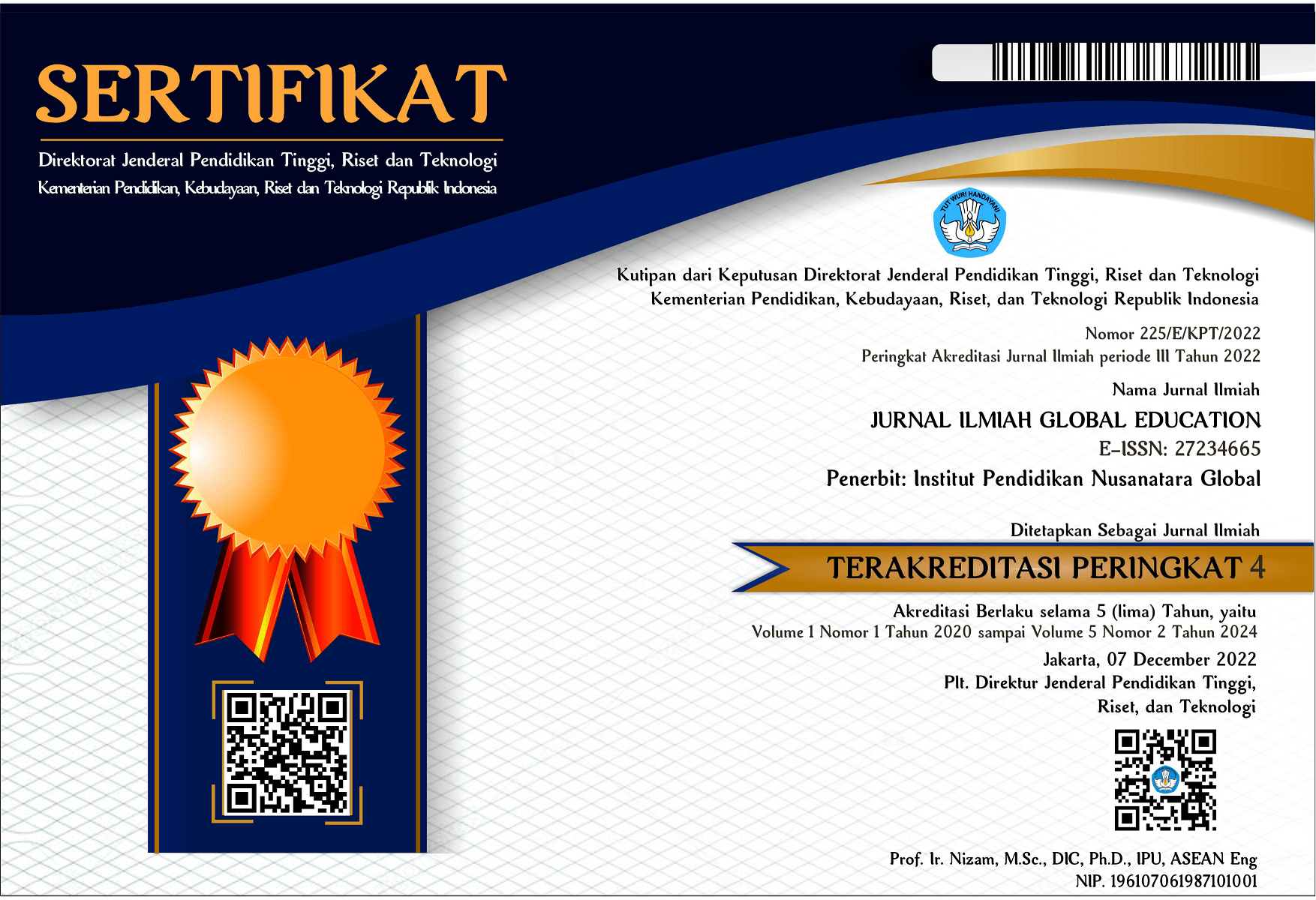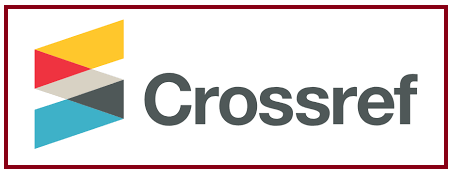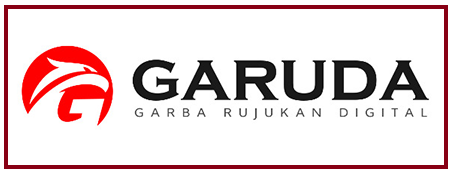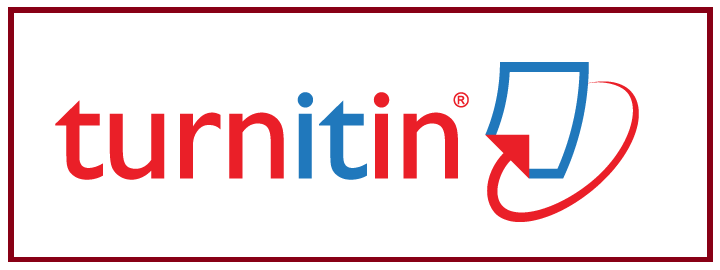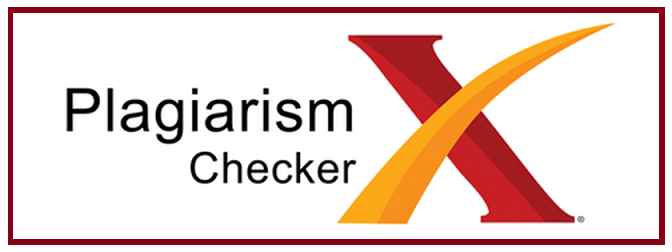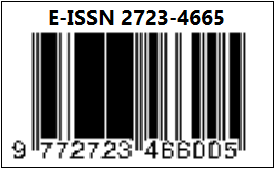Relevance of Curriculum Development to National Education Goals and 21st Century Competencies
DOI:
https://doi.org/10.55681/jige.v5i4.3529Keywords:
Curriculum Development, National Education Goals, 21st Century CompetenciesAbstract
Curriculum development is based on the realisation that the development and changes that occur in the life of society, nation and state in Indonesia cannot be separated from the influence of global changes, developments in science and technology, as well as arts and culture. Curriculum development is carried out with reference to national standards in Law No. 20 of 2003 concerning the national education system. The writing of this article aims to examine how the relevance of curriculum development with national education goals and 21st century competencies. The writing of this article uses a systematic review method based on several references in the form of books and articles as well as online scientific publications. The conclusion of this article is that the relevance of curriculum development to the goals of national education and 21st century competencies is very close, because they support each other to create a holistic, adaptive, and future-oriented education. Therefore, curriculum development needs to be designed to shape the character of students who are faithful, pious, noble, and have broad insight and master various skills needed in the 21st century.
Downloads
References
Alhamduddin. (2016). Sejarah Kurikulum di Indonesia. Golden Age: Jurnal Ilmiah Tumbuh Kembang Anak Usia Dini, 1, 43. http://download.garuda.kemdikbud.go.id/article.php?article=1014804&val=15400&title=Dinamika Perubahan Kurikulum Kebijakan Perubahan Kurikulum 2013 PAUD
Anggraena, Y., Felicia, N., G, D. E., Pratiwi, I., Utama, B., Alhapip, L., & Widiaswati, D. (2021). Kajian Akademik Kurikulum Untuk Pemulihan Pembelajaran. Pusat Kurikulum Dan Pembelajaran Badan Standar, Kurikulum, Dan Asesmen Pendidikan Kementerian Pendidikan, Kebudayaan, Riset, Dan Teknologi.
Cholilah, M., Tatuwo, A. G. P., Komariah, & Rosdiana, S. P. (2023). Pengembangan Kurikulum Merdeka Dalam Satuan Pendidikan Serta Implementasi Kurikulum Merdeka Pada Pembelajaran Abad 21. Sanskara Pendidikan Dan Pengajaran, 1(02). https://doi.org/10.58812/spp.v1i02.110
Gumilar, G., Rosid, D. P. S., Sumardjoko, B., & Ghufron, A. (2023). Urgensi Penggantian Kurikulum 2013 menjadi Kurikulum Merdeka. Jurnal Papeda: Jurnal Publikasi Pendidikan Dasar, 5(2). https://doi.org/10.36232/jurnalpendidikandasar.v5i2.4528
Indarta, Y., Jalinus, N., Waskito, W., Samala, A. D., Riyanda, A. R., & Adi, N. H. (2022). Relevansi Kurikulum Merdeka Belajar dengan Model Pembelajaran Abad 21 dalam Perkembangan Era Society 5.0. EDUKATIF : Jurnal Ilmu Pendidikan, 4(2). https://doi.org/10.31004/edukatif.v4i2.258
Isnaeni, N. (2023). Konsep Dasar Pengembangan Kurikulum. Jurnal At-Tabayyun, 6(2). https://doi.org/10.62214/jat.v6i2.131
Marzuqi, B. M., & Ahid, N. (2023). Perkembangan Kurikulum Pendidikan di Indonesia: Prinsip dan Faktor Yang Mempengaruhi. JoIEM (Journal of Islamic Education Management), 4(2). https://doi.org/10.30762/joiem.v4i2.1284
Niyarci, N. (2022). Perkembangan Pendidikan Abad 21 Berdasarkan Teori Ki Hajar Dewantara. Pedagogika: Jurnal Ilmu-Ilmu Kependidikan, 2(1). https://doi.org/10.57251/ped.v2i1.336
Noor, T. (2018). Rumusan Tujuan Pendidikan Nasional (Pasal 3 Undang-Undang Sistem Pendidikan Nasional No. 20 Tahun 2003). Wahana Karya Ilmiah Pendidikan, 2(01).
Perry, A., & Hammond, N. (2002). Systematic reviews: The experiences of a PhD student How Does a Systematic Review Differ From a Traditional Literature Review? In Psychology Learning and Teaching (Vol. 2, Issue 1).
Rahmadayanti, D., & Hartoyo, A. (2022). Potret Kurikulum Merdeka, Wujud Merdeka Belajar di Sekolah Dasar. Jurnal Basicedu, 6(4), 7174–7187. https://doi.org/10.31004/basicedu.v6i4.3431
Rukiyati, R. (2020). Tujuan pendidikan nasional dalam perspektif Pancasila. HUMANIKA, 19(1). https://doi.org/10.21831/hum.v19i1.30160
Schreier, M. (2024). Qualitative Content Analysis in Practice. In Qualitative Content Analysis in Practice. https://doi.org/10.4135/9781529682571
Siswadi, G. A. (2023). Relevansi Kurikulum Merdeka Dengan Pemikiran Filosofis Ki Hadjar Dewantara. Sang Acharya: Jurnal Profesi Guru, 4(2). https://doi.org/10.25078/sa.v4i2.2452
Siswanto. (2010). Systematic Review Sebagai Metode Penelitian Untuk Mensintesis Hasil-Hasil Penelitian. Jurnal Litbang Kementerian Kesehatan, 13(1). https://doi.org/10.22435/bpsk.v13i4
Waton, M. N. (2023). Relevansi Perubahan Kurikulum 2013 Terhadap Kurikulum Merdeka Belajar Di Era Digital. Muróbbî: Jurnal Ilmu Pendidikan, 7(1). https://doi.org/10.52431/murobbi.v7i1.1631
Wijaya, E. Y., Sudjimat, D. A., & Nyoto, A. (2016). Transformasi Pendidikan Abad 21 sebagai Tuntutan Pengembangan Sumber Daya Manusia di Era Global. Prosiding Seminar Nasional Pendidikan Matematika, 1.
Downloads
Published
How to Cite
Issue
Section
License
Copyright (c) 2024 lutfi, Arismunandar, Suardi, A. Fitriani Suryadi, Husriani Husain

This work is licensed under a Creative Commons Attribution-ShareAlike 4.0 International License.


